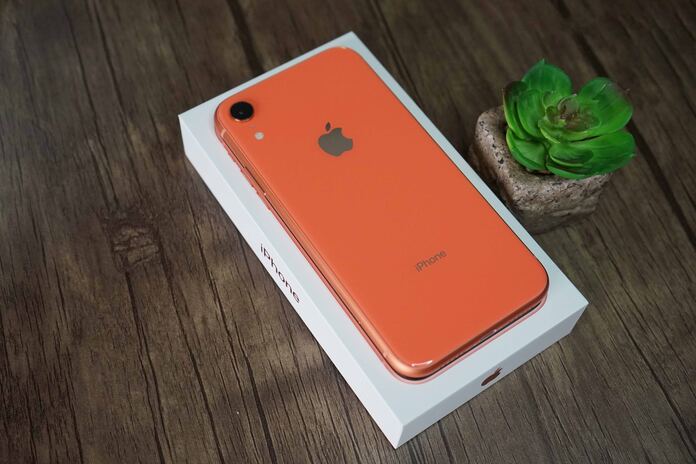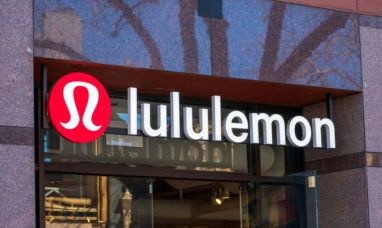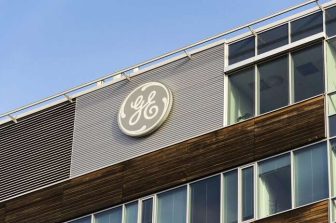In early trading on Friday, Apple’s stock (NASDAQ:AAPL) experienced a decline despite the company surpassing expectations in its first-quarter earnings report. While Apple posted earnings per share of $2.18 on revenue of $119.6 billion, beating analysts’ predictions of $2.11 on revenue of $117.9 billion, the dip was attributed to slowing sales in one of its crucial markets, China.
Sales in China, Apple’s third-largest region following North America and Europe, fell short of expectations at $20.8 billion, with Wall Street anticipating $23.5 billion. This decline is particularly noteworthy as the company reported Greater China sales of $23.9 billion in the same quarter the previous year. Apple’s stock dropped more than 2% at the start of Friday’s trading.
The challenges in the Chinese market are multifaceted, involving a sluggish economy and increased competition from Huawei, impacting Apple’s sales in the region. However, robust performances in North America and Europe provided some buoyancy for the company.
Despite the China setback, Apple reported strong iPhone sales of $69.7 billion, surpassing expectations of $68.6 billion. Apple CEO Tim Cook highlighted the company’s achievements, stating, “Today Apple is reporting revenue growth for the December quarter fueled by iPhone sales, and an all-time revenue record in Services.”
Mac revenue reached $7.8 billion, slightly below analysts’ expectations of $7.9 billion, while iPad revenue fell short at $7 billion, with Wall Street anticipating $7.1 billion. Apple plans to introduce refreshed iPads and Macs in March, aiming to boost sales in these segments.
Wearables, homes, and accessories generated $12 billion, meeting estimates. Apple has been contending with an ongoing patent battle with medical device maker Masimo, which temporarily affected sales as Apple had to remove the blood oxygen sensor component from certain watches.
Apple’s Services segment reached $23.1 billion, slightly below the anticipated $23.4 billion. The company’s earnings report precedes the launch of its Vision Pro AR/VR headset, scheduled for February 2 at $3,499. While the product is impressive, its high price may limit consumer adoption, though CEO Cook noted significant interest from enterprise customers during the earnings call.
Featured Image: Unsplash















